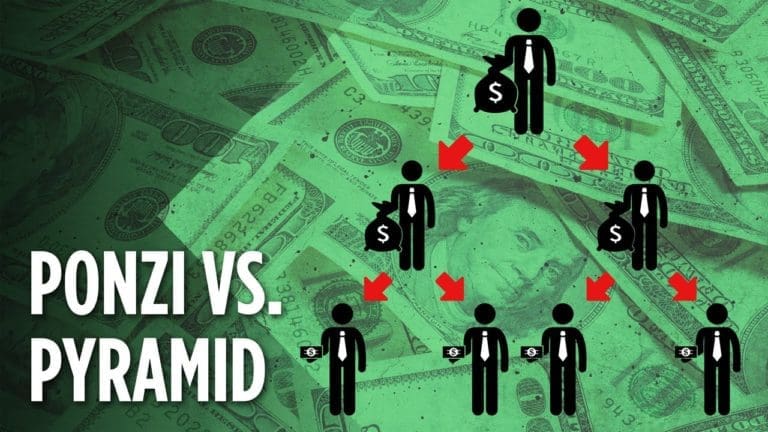The country’s media fraternity and civil society have been called on to play an active role in eradicating Ponzi and pyramid schemes that are devastating families and societies.
In recent times, member companies have reported to the DSA-a spike in both local and cross-border pyramid schemes of all manner of shapes and sizes intent on seizing scarce financial resources from the unsuspecting public.
Mthunzi Mbali, the vice-chairman of the Direct Selling Association of South Africa (DSA) says: “We are extremely worried about the proliferation of pyramid schemes in South Africa”.
He says the DSA has been at the forefront of exposing this economic crime for “as long as we have been around”.
Mbali adds: “We need the help of the media and ordinary citizens to expose business operations that we believe will hurt the public”.
Mbali says there are several signs that the public can rely on to determine if a venture they are getting involved in has any chance of success or if it is going to be sustainable.
The DSA vice-chairman says first look at what they are offering and their remuneration structure.
He says potential investors must also check if there is an oversight body that the scheme is accountable to and also find out if it is part of any legitimate association.
“Most importantly though, if there is no underlying product or service being offered, then you need to be very concerned.”
Mbali cautions against compensation plans that pay for recruitment of people stating that “legitimate direct selling businesses pay compensation to their Direct Sellers based on sales of their products and services and not for recruitment of people, since the recruitment of people is the channel by which Direct Selling businesses increase their reach through the development of Direct Sellers that are recruited, similar to traditional business models that recruit sales representatives to increase their reach, with the main difference being that Direct Sellers are independent entrepreneurs.
He says pyramid schemes thrive because in some instances they fashion themselves as direct selling companies even though the two have absolutely nothing to do with each other.
“Consequently, there is a tendency by some media to lump the two together-which is also not helpful,” says Mbali.
“If ever in doubt, we invite the media to consult the DSA or visit our website (www.dsasa.co.za) to confirm the legitimacy of businesses that we are prepared to vouch for because we have vetted them and are comfortable that their business models pass the sustainability test.”
Referring to a recent national radio conversation between presenters and a member of the public, Mbali says the DSA would like to appeal to the media fraternity to familiarise themselves with legitimate direct selling business models so that they do not add to the confusion.
“Legitimate direct selling business models work, not just in South Africa but around the globe,” insists Mbali.
“This is a nearly $200 billion global enterprise. In South Africa-annual sales are approaching R13 billion-with a total network of more than 1.2 million entrepreneurs supporting no less than 6 million individuals.
“We need the media to be on the right side of the fight against Ponzi schemes. The DSA was established to protect the interests of the industry and to do that we must first protect the interests of the consumer and the general public.”
